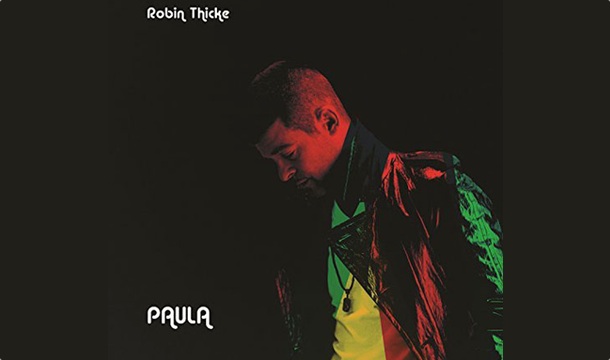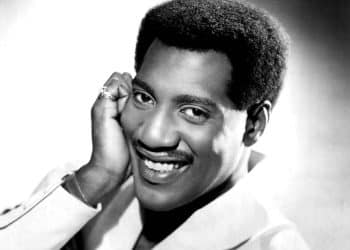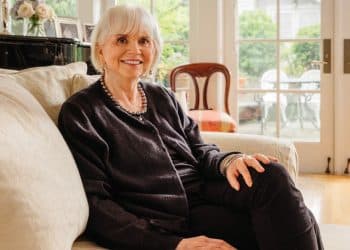Robin Thicke’s campaign to get his ex-wife Paula Patton back as musically documented in his album, Paula, left a bad taste in the mouths of many (evident in the lackluster sales). Now, Robin is admitting it may not have been the best idea to go about it that way. ..
In an interview with Billboard, the crooner says the initial idea was to be romantic, but after a talk with his best friend after his performance of “Forever Love” at the 2014 BET Awards, he realized it was more embarrassing than anything.
“My best friend of 20 years, Craig Crawford, said, ‘I saw your BET performance.’ And I said: ‘Oh yeah! What did you think?’ You know — excited. And he goes: ‘I gotta be honest with you, buddy. You’re kind of playing yourself. You look like a sucker.’ And it hit me that I’d lost my perspective. What I thought was romantic was just embarrassing.”
He doesn’t necessarily think it was an entirely bad idea, though: instead of selling the album, he in hindsight, he wishes he should have just given it away for free. “My songwriting has always been autobiographical, and always will be. The “Paula” album was no different. I was struggling through my toughest time, and I decided to share it….I would have given it away. That would have kept the purity of the message intact.”
Regarding the “Blurred Lines” verdict, Thicke has laid low ever since a jury ruled that he and Pharrell Williams must pay the family of the late Marvin Gaye over $7 million in damages and back royalties for copyright infringement. It’s since been revealed that he and Pharrell will appeal the court’s decision, and Thicke explained why: “I was going through personal hell at the time, and I was careless in the deposition. Obviously, I didn’t give my all to the trial. It simply wasn’t as important to me as what was going on in my personal life. I was lost at the time. I had lost my way.”
If the appeal is turned down, Robin thinks the verdict will affect the music industry for the worst. “If the verdict holds up, I believe that it will have a ripple effect on the arts and the industry in general. I mean, if you made the first superhero movie, do you own the concept of the superhero? You can’t help but be inspired by all of the greatness that came before you.”
Read the rest of the interview here.






